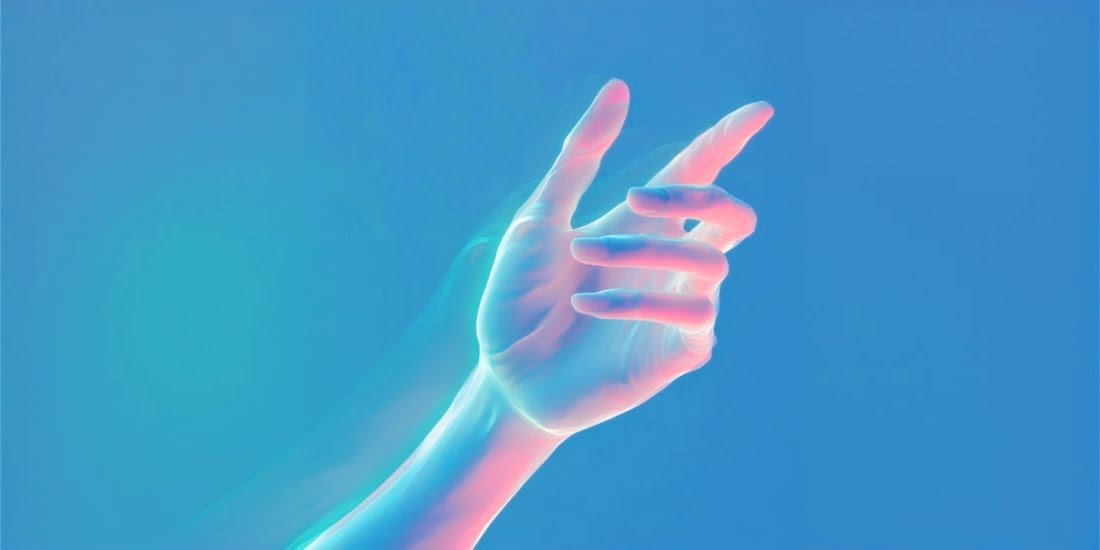a story
“How will I know what to pick?” asked the girl, twisting her hair.
“I hear it comes naturally,” said the boy, relaxing on a log. “You’ll know what to do.“
She wasn’t so sure. Besides, he was younger and had time to choose whether to stay separate or dissolve.
As children they'd sneak away and pretend to dissolve. They’d suck on bitter plants or sing a strange chant, and slowly feel their edges start to blur. In pairs, they’d sit back-to-back with gravity pulling them in together. And if they were lucky, and stayed very still, they'd feel a warm tingling as their shoulders started to pass through one another. At most they might intersect by a fingerwidth—after all, this wasn’t the real thing. Becoming an adult meant choosing whether to dissolve, to let go of one’s physical bounds and achieve a deeper oneness with others. But of course, others chose to stay separate and individual—as was their right.
The girl tucked a wiry strand and placed her hands on her legs. “Well, have you decided what you’ll do?“
The boy laughed. “I’m sure I’ll know. Everyone figures it out eventually.” Seeing her worried expression, he became serious. “Listen, overthinking won’t do you any good. Just try to rest before tomorrow.”
She inhaled, taking in the moss and indifference. Then exhaling, she walked past the boy, stepping over logs and rocks back to town.
The girl tossed and turned through the night. She thought of her friends, the boy, and herself. Finally, after many hours and more worry, she rose before dawn and wandered out. A trail of candles had been set for her, which she followed to a dark hut. Then knocking on its door, a voice answered, “Come in.”
The girl entered. The hut was bare except for a lantern and two women, sitting on the floor. They were old and gentle, one pale and one translucent. Long ago they’d each made their choice to dissolve or stay separate. Now it was the girls turn. The translucent one looked at the girl and gestured for her to sit. “Are you ready?” asked the pale one.
The girl sat slowly. “Can I ask you something first?” she replied shakily.
The women nodded kindly. “But first,” said the translucent one, “hold our hands.”
The girl looked at each, then grasped the pale woman’s hand. Her palm was firm and dry, as impassable as a stone. The pale woman squeezed back, with comforting presence and uncomfortable pressure.
Still holding the pale woman’s hand, the girl turned to the translucent woman. Her finger’s touched the woman’s translucent skin—then continued straight through. Upon passing her skin, she felt warmth and a slight force pushing her away, like two magnets opposing. The girl continued until their fingers fully overlapped, with one hand sitting inside the other. The pushing force remained; a reminder that while the translucent woman was dissolved, the girl was not.
“Now,” said the pale woman, “what did you want to know?”
The girl turned to her. “Why did you stay separate?”
“Because of this,” said the pale woman firmly. Her grip tightened and her gaze hardened onto the girls’s. The girl was frightened, thinking that the woman was angry with her. But the more the girl looked, the less certain she became. They were separate after all, each with their own wants and feelings, and those were unknowable. Suddenly the pale woman laughed, her grip and expression softening.
The girl exhaled. Then she turned to the translucent woman and asked, “Why did you dissolve?”
“Because of this,” hummed the translucent woman, closing her eyes and gesturing for the girl to do the same. The girl closed her eyes, and sat in wait.
First, the girl noticed her shallow breath and beating heart. Then, she noticed the pushing force between her hand and the translucent woman’s. As she concentrated, the force began to lighten until it finally disappeared. The girl wiggled her fingers, and felt both her and the translucent woman’s fingers move together. She couldn’t tell where her hand ended or the translucent woman’s began. And the more she concentrated, the more she felt not just the woman’s hand, but also wisps of curiosity and fear, which were perhaps her’s or perhaps the woman’s, though the distinction was continuing to fade. The girl opened her eyes to see the translucent woman’s gaze already there, smiling.
“So,” the women asked together, “are you ready?”
The next day the boy paced in the forest, waiting. Eventually he heard rustling and saw the girl approach. He rushed to meet her, but stopped a distance away. “You’re back!” he cried with uncertain relief. “How did it go?”
The girl smiled, and the boy squinted. Was her smile soft? Or wry? Or fierce? Was her hair translucent, or was that a trick of the light? He squinted harder but couldn’t tell, and the more he thought, the more worried he became.
The girl laughed at his expression and walked closer. When they were a handbreadth apart, the girl smiled once again—just so he could see—and reached out to hold his hands.






